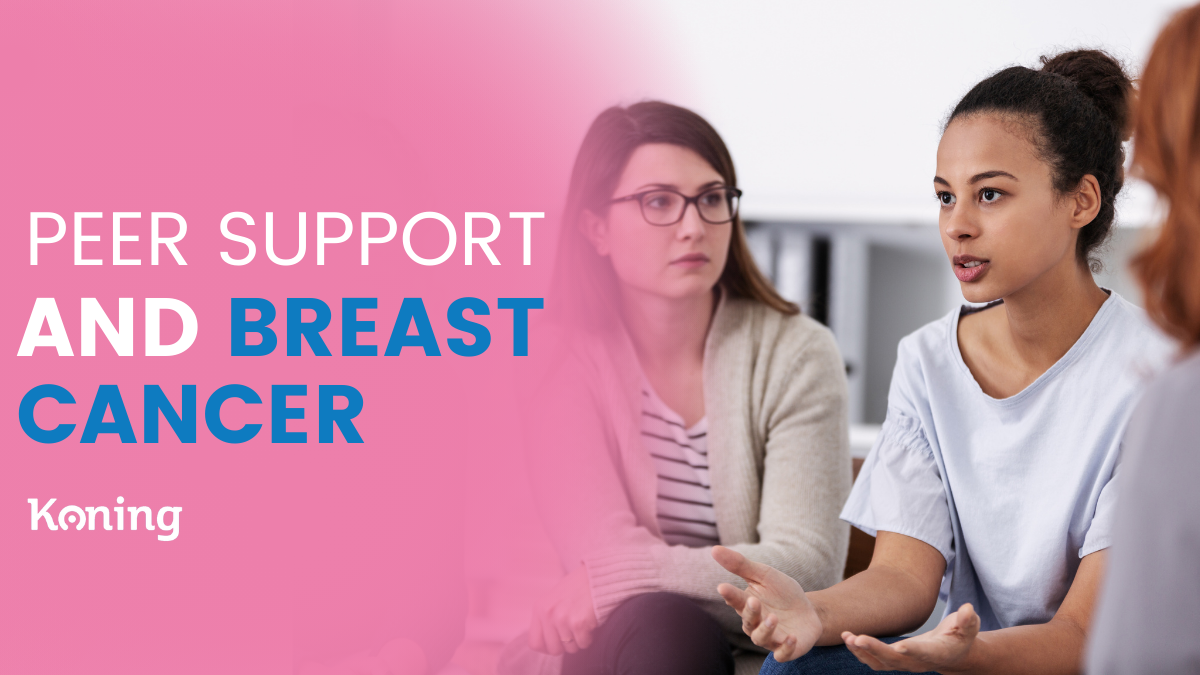
- Blog /
- April 13, 2022
Mind Matters
There are those who believe that cancer is above all a spiritual battle, a test of psychological resilience to be met with faith, mediation, and wishful thinking. On the other extreme, cancer can be viewed as a strictly physiological error, a glitch of the cells. While medical treatment tends to focus on attacking tumors, an increased amount of attention is being paid to mental factors that go beyond biology.
Evidence from a study by Sandra Sephton et al. (2000) supports the notion of a link between psychosocial stress and tumor progression, as a loss of the normal daily variation in cortisol levels predicted early death in patients with breast cancer. In other words, research shows that stress has an undeniable physiological impact. Few would suggest that relaxation can cure cancer, but ignoring disease-related stress is shortsighted; mind matters.
In another study by Goodwin et al. (2001), women attended weekly supportive–expressive group therapy meetings that emphasized expressing emotion, confronting existential issues, enhancing communication with physicians, and learning coping skills. Each group consisted of 8 to 12 women and two leaders. The leaders were psychiatrists, psychologists, social workers, or nurse clinicians who were experienced in leading group therapy. The women discussed the life-altering nature of the illness as well as strategies for coping and communicating. A year of therapy sessions later, the study concluded that although supportive–expressive group therapy does not directly prolong survival in women with metastatic breast cancer, it does improve the perception of pain and overall mood, particularly in women who were initially more distressed.
Sharing all the emotions associated with advancing cancer in a supportive setting reduces distress and pain, and supportive–expressive group psychotherapy can improve the quality of life. While professional peer support may not shrink tumors, it does soothe the unbearable feeling of being alone with one’s suffering, of experiencing pain in isolation. Something extraordinarily human occurs through opening up and relating: While the burden is still there, it might be a little lighter to carry.
To find a support group, you may check with your health care team at the hospital or medical center where you are receiving treatment.
For more details on finding the right support group, visit Cancer.Net.
Sephton SE, Sapolsky RM, Kraemer HC, Spiegel D. Diurnal cortisol rhythm as a predictor of breast cancer survival. J Natl Cancer Inst. 2000 Jun 21;92(12):994-1000. doi: 10.1093/jnci/92.12.994. PMID: 10861311.
Goodwin, P J et al. “The effect of group psychosocial support on survival in metastatic breast cancer.” The New England journal of medicine vol. 345,24 (2001): 1719-26. doi:10.1056/NEJMoa011871
Spiegel, D. “Mind matters -- group therapy and survival in breast cancer.” The New England journal of medicine vol. 345,24 (2001): 1767-8. doi:10.1056/NEJM200112133452409
